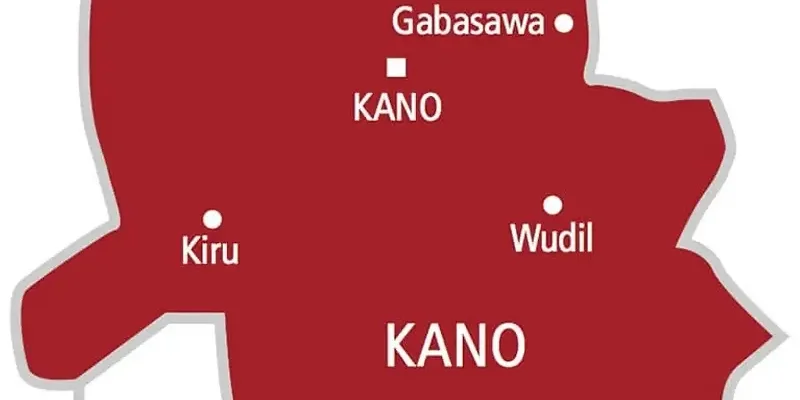
Just days before the start of another vibrant wedding season in Kano, the state government has drawn the curtain on one of its most cherished cultural pre-wedding traditions—Kauyawa Day—citing concerns over morality and public decency.
On May 17, 2025, the Kano State Censorship Board announced a statewide ban on Kauyawa Day, a colorful cultural event held primarily among Hausa communities, known for celebrating rural customs through music, traditional dress, and communal joy.
The Board said the move was to protect “societal values” and curb what it described as “unacceptable behavior” among young women during the festivities. Under the new directive, all event venues and party halls have been barred from hosting Kauyawa-related activities, pending a review of current regulations.
In a statement, the Board said it would collaborate with security agencies, local vigilantes, and the Hisbah Board to enforce the ban. It also announced plans to engage community elders and youth groups to build awareness and foster support for the policy.
“Kauyawa,” which translates to villagers in Hausa, is typically held a day or two before a wedding. Organized by the bride’s female friends and relatives, it is known for its lively music, dancing, and the display of rural-themed attire and local delicacies—often seen as a celebration of Hausa identity.
The ban has, however, ignited mixed reactions across the state.
Fatima Muhammad, a resident of Darmanawa, expressed sorrow over the decision, especially as her best friend’s wedding was drawing near.
“This is the only time we women truly enjoy ourselves during weddings,” she told Daily Post. “We spend weeks preparing—the songs, the dances, the clothes. It’s our joy, our nishadi.”
She admitted that some participants may have acted inappropriately in the past but argued that such incidents shouldn’t lead to a complete shutdown of the tradition.
Rabiu Musa, from Farawa, echoed similar sentiments, describing the ban as “unjust” and calling for its reversal.
“What the government is doing amounts to cultural homogenization,” he said. “While the world promotes cultural creativity, we are erasing our identity. Kauyawa Day connects us to our roots. It’s what makes Hausa weddings distinct and beautiful.”
Not everyone opposes the decision. Some clerics and traditional leaders argue the celebration has lost its cultural essence and turned into a stage for indecency.
Nazeeru Dalhat, a resident of Ghari LGA, supported the move, stating, “Kauyawa Day today contradicts our values. The way women dress and behave under the guise of tradition is unacceptable. This ban is long overdue.”
Islamic scholar Nazir Nuhu, from Mariri, said the practice was not rooted in Islam, praising the Censorship Board for what he called a step toward “moral discipline.”
“This is a cultural trend, not a religious one,” he said. “The Prophet said when you see something wrong, stop it. That’s what the government is doing—and rightly so.”
The ban has now become a flashpoint in the broader debate over cultural preservation versus moral regulation in Kano. Critics warn that halting such traditions risks eroding the rich heritage of the Hausa people, while supporters argue it is necessary to curb rising moral concerns.
As the debate rages on, one thing is certain: the decision marks a turning point in how cultural expressions will be defined, regulated, and remembered in Kano. Whether revised or upheld, the ban on Kauyawa Day is set to leave a lasting imprint on the region’s social and cultural fabric.

Comments